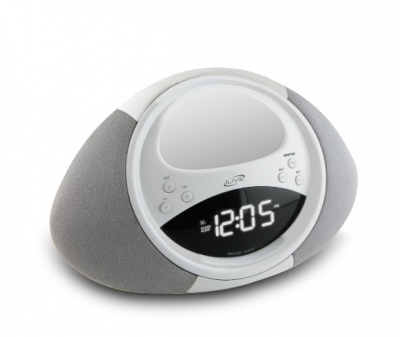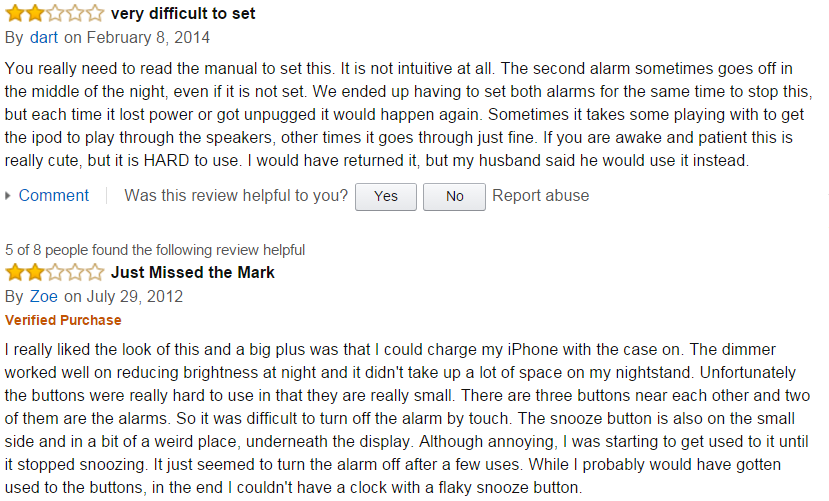Multifamily Blogs
Don't Be Afraid When Residents Throw Shade
Don't Be Afraid When Residents Throw Shade
It’s the Number One question I answer when I’m at industry events:
“How do you hide the negative reviews on ApartmentRatings.com?”
The answer I give is often met with skepticism.
“You don’t hide them. You embrace them.”
Ratings and reviews have been around long enough to have some research surrounding them, and what is becoming clearer and clearer is that shoppers – no matter what the product or service – don’t trust reviews that are purely positive. A study conducted by Revoo found that 95% of consumers suspected fraud or censorship when they didn't see any bad scores on a rating and review site.
If it’s too good to be true…
... then it probably is. Life is not a fairy tale, and we’ve all had our lack of ‘happily ever after’s’ from a purchase. That being the case, most people are actually looking for negative reviews when they are researching a purchase. In fact, shoppers spend 5 times as much time on negative reviews as positive ones. Why? They are looking for the deal breakers. Each of us has some things that are non-negotiables, and everyone’s preferences are different. What may be an absolute ‘No!’ for one person might be a resounding ‘Yes!’ for someone else.
A Matter of Time
When I was looking for an alarm clock to replace the broken one in my daughters’ room, I decided to find one with an iPod docking station so they could listen to their own music when going to sleep. On Amazon, there are approximately one zillion options for an alarm clock with iPod docking station. So, where to begin? The reviews, of course!
When I found this small alarm clock, I was immediately drawn to the price, size and style. However, it only had 3.5 out of 5 stars. I dove in to the negative reviews and found a lot like these:
Apparently, it was a difficult clock to set. But then I saw reviews like this:
And this was more along the lines of what I wanted it for. Something with speakers to plug the iPod into, and the clock was an added bonus. Besides, it never matters what time the clock says. My girls are always awake by 6 a.m. anyway (Why Me????!!!).
What was a deal breaker for many shoppers (complicated programming) was not an issue for me. The information regarding good quality sound, compact shape, and iPod docking station were much more important.
A Conversion Experience
Ponder this: 75% of apartment shoppers base their rental decision on ratings and reviews. In addition, that same Revoo study I mentioned before found that consumers seeking negative reviews not only spent more time on those reviews, they also had a higher conversion percentage than those seeking only positive reviews. How much higher? 85% higher!
When you take that knowledge into consideration, as well as the fact that prospects reading reviews on ApartmentRatings.com stay four times longer than anywhere else on the web, we’ve got some strong indications that apartment seekers are specifically looking for negative reviews in order to evaluate their own non-negotiables - and maybe a little bit of entertainment, too – before making their final rental decision.
Take Advantage of the Shade
It’s uncomfortable when you read residents throwing shade at your community and/or your team. Especially when it’s not true or it’s something that is completely out of the community’s control. However, give your prospects some credit. They read reviews with a critical eye and can separate the rants from the true reviews.
Do your part in managing the conversation. Respond to reviews, both positive and negative. Keep your responses appreciative, respectful and helpful, as appropriate. Your ability to keep it cool wins extra points, since according to the 2015 Today’s Online Renter Study responding professionally to negative reviews causes 52% of readers to believe you have great customer service and 49% to believe you really care about your residents.
If the negative review is true, here’s your opportunity to address and solve it. If it’s false, here’s your opportunity to educate or clarify. And just remember, the particular thing that annoys one resident may become that prospect's favorite aspect of the community.






